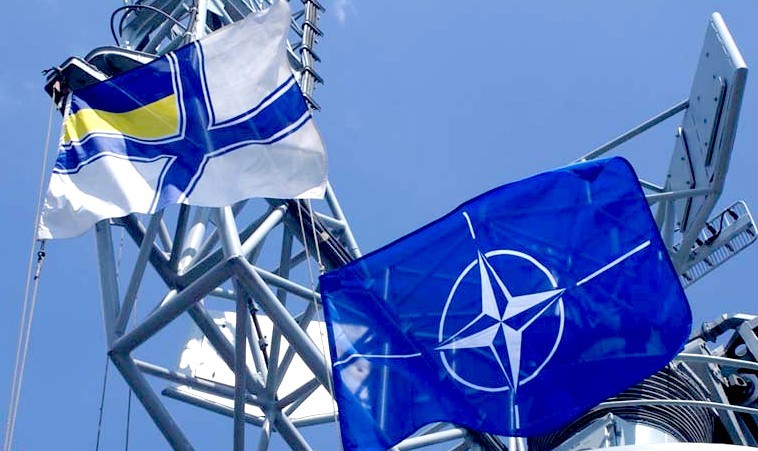
From Ian Shields, ISN: [W]ith the return of Vladimir Putin to the Russian Presidency and a Ukrainian government that increasingly looks to Moscow it is perhaps unsurprising that enthusiasm for NATO membership has waned. Instead, Kiev currently appears to be balancing its rhetoric of ‘present cooperation’ with NATO with a renewal of its military ties with Russia. In 2010, Ukraine agreed to extend Russia’s lease on its naval base at the Black Sea port of Sevastopol until 2042. In exchange for the continued stationing of the Black Sea Fleet in Ukrainian waters, Moscow offered Kiev a 30% reduction in the price of Russian natural gas.
So what might recent political developments mean for NATO-Ukraine relations? As the recent NATO summit in Chicago was held against the backdrop of declining defense budgets and the lack of credible state-level threats it may well be that the Alliance will rest on its laurels for the time being and not seek further expansion. Despite Ukraine’s decision not to seek full membership, NATO’s relations with Kiev nevertheless remain cordial. Bilateral cooperation still occurs and exercises like Sea Breeze remain an important part of NATO-Ukraine relations. By leaving the issue of formal Ukrainian membership on the back burner, both NATO and Ukraine also avoid any unnecessary antagonizing of Russia.
Maintaining the current status quo potentially allows NATO to refine its strategic outlook for the Caucasus. This, in turn, may eventually result in renewed enthusiasm for Ukraine becoming a full member of NATO. It is likely that enthusiasm for membership will be underscored by concerns that the entire region to the south of Russia may well become increasingly unstable as a result of rapidly growing Islamic populations. The importance of the Caucasus as a source and key transport node of Western energy supplies may also prompt the Alliance to canvass Ukraine for full membership status.
Accordingly, there are sound geopolitical and security reasons for NATO not abandoning its support for Ukraine joining the Alliance. However, recent political developments in Ukraine suggest that it is far too early to predict whether Kiev will once again seek closer and more formal ties with NATO, including full membership. Ultimately, any future decision taken by Kiev will, in turn, reflect Ukraine’s current political ties with Russia. Indeed, Kiev’s difficult relations with a country that is integral to its energy security ensure that Russia will continue to influence the on-off relationship between NATO and Ukraine. (photo: orpheusandlyra)
Image: orpheus%207%2026%2012%20ukraine_nato%20cooperation.jpg
